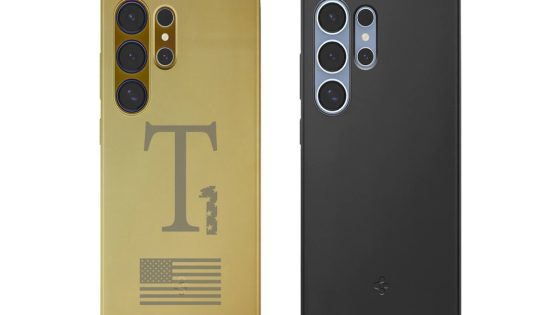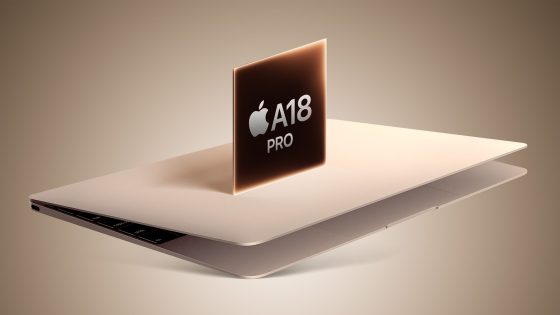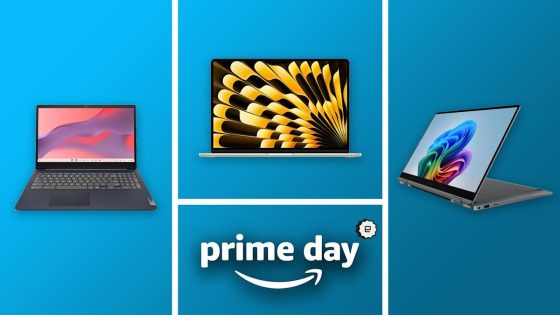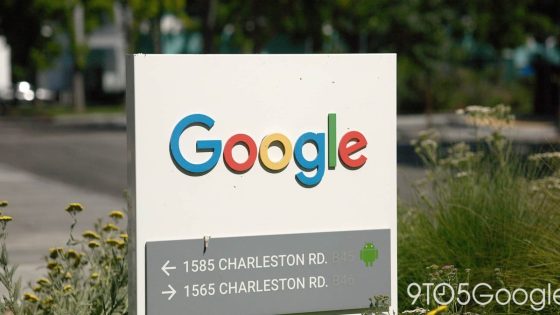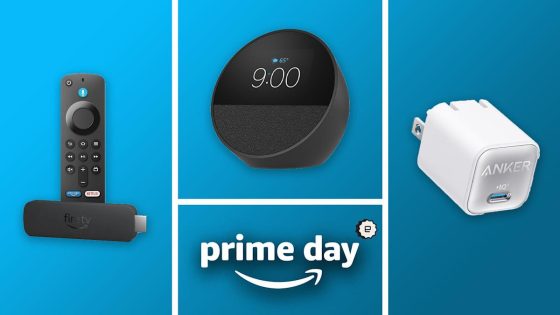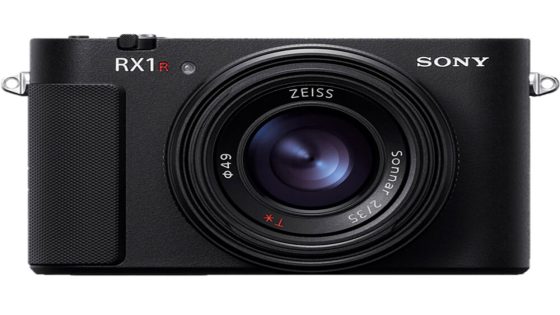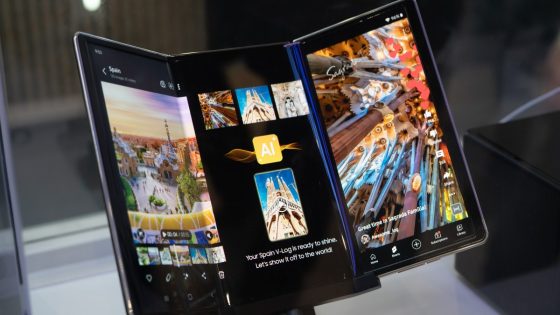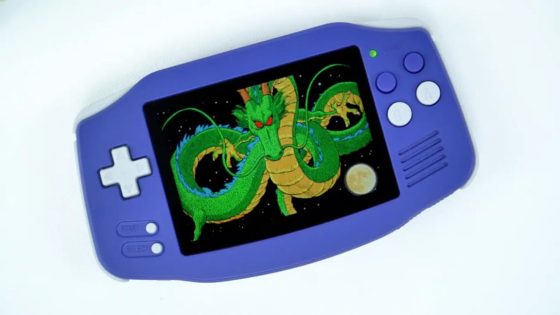In the ever-evolving world of global technology News, the spotlight is on the controversial launch of Trump Mobile’s T1 Phone. Initially unveiled with a mix of dubious marketing tactics, the device has now stirred further confusion by incorporating elements from Samsung’s Galaxy S25 Ultra.
- Confusion over Trump Mobile's T1 Phone marketing
- S25 Ultra used in misleading advertisement
- Spigen case logo visible in promotional image
- No clear launch date for T1 Phone
- Phone specifications have changed significantly
- Claims of American manufacturing have shifted
On 2025-08-22 14:33:00, Trump Mobile shared an ad on X promoting preorders for the T1 Phone. However, the image used was a Photoshopped version of the Galaxy S25 Ultra, complete with a T1 logo and a U.S. flag. This blatant misrepresentation raises eyebrows—how can a brand expect credibility when it relies on such tactics?
The ad promises that “The wait is almost over!” but has left potential customers questioning the authenticity of the device, especially since it has undergone significant design changes since its initial announcement.
This situation prompts a critical examination of brand integrity in technology. Can companies thrive in an environment where authenticity is paramount? The implications are significant:
- Consumer trust is essential for brand loyalty.
- Misleading marketing can lead to backlash and reputational damage.
- Global competition necessitates innovation and authenticity.
- Transparency may become a key differentiator in tech markets.
As the tech landscape continues to shift, brands must prioritize transparency and authenticity to succeed in a competitive market. Will Trump Mobile adapt, or will this controversy hinder its growth?



